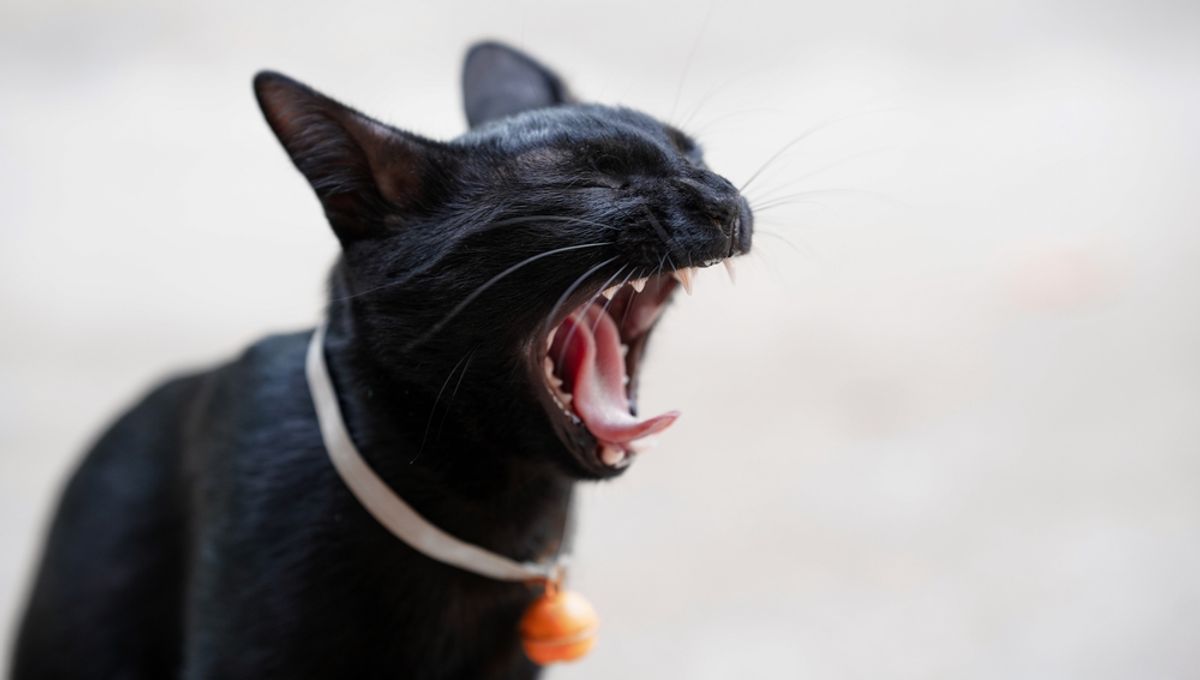
Despite anecdotal reports, cats do not cry – at least, not in the sense of shedding tears. However, there are some clear signs and changes in behavior that can reveal whether your feline friend is sad, in distress, or experiencing pain.
Not many things separate humans from the rest of the animal kingdom, but shedding tears out of sadness is one of them. Other than our own species, no other animal is known to cry tears due to emotional or physical pain. The reason for this is not clear, but some argue it evolved as an emotional expression designed to signal to the wider social group.
Cats do have tear ducts similar to ours, but they are only used to lubricate and protect their eyes. If your cat has watery tears or is shedding tears, it’s most likely due to their eyes being irritated, as opposed to them feeling blue. This could be due to an allergy, a foreign object stuck in their eye, an injury, or even an illness like “cat flu.”
“Cats don’t cry from sadness like humans do,” Dr Joanna Woodnutt, who qualified as a veterinarian from the University of Nottingham, writes for PetsRadar.
“When a cat cries tears, you might worry that they’re sad. Dampness around the eyes, a loss of hair around the eyes, red eyes, and a build-up of tears in the eye are all signs that your cat has been producing tears. They’re not ‘crying’ in the human sense of the word, but this is an important symptom that shouldn’t go ignored,” Dr Woodnutt adds.
Cats can express sadness, however. Instead of tears, unusual and frequent vocalizations from a cat may be a sign they’re not happy.
Adult cats don’t generally meow at each other very often and, in fact, it’s mainly used by them to communicate with humans. Research has suggested that cats have refined their meows to sound similar to a human baby’s cry, making it hard for us to ignore.
Why is my cat crying?
If a cat is meowing and yowling excessively, it’s trying to express something. Nine times out of ten, that’ll be hunger. However, it might also be expressing a need for attention or help.
Continuous loud meowing or howling can be a sign of pain or discomfort, including mental distress like anxiety. Older cats can sometimes experience cognitive dysfunction syndrome, a kind of dementia for cats, that also causes them to meow more often.
Cats are crepuscular, which means that they are most active at dawn and dusk. This is why your cat might be more vocal in the evenings and the morning before you wake up.
Every cat is different, so it’s generally up to their owner to discern what’s their normal behavior. If you do notice any clear changes in your cat’s behavior, including a new habit of loud and frequent meowing, then it’s advisable to pay a visit to the vet.
All “explainer” articles are confirmed by fact checkers to be correct at time of publishing. Text, images, and links may be edited, removed, or added to at a later date to keep information current.
Source Link: Do Cats Cry?